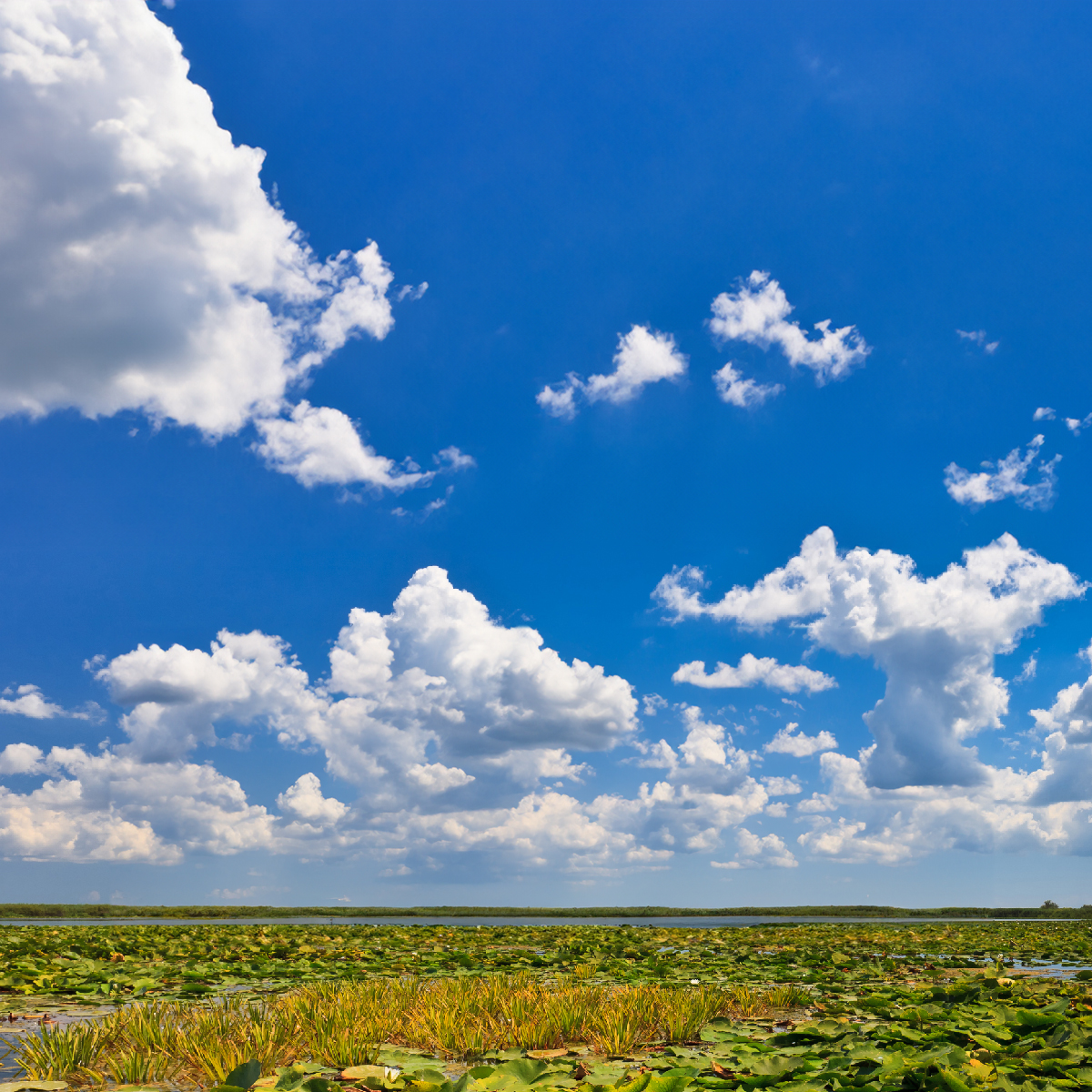Proiecte
PN23300102 – Development and technology for assessing, monitoring and controlling of plastic objects and particles pollution in the coastal and shelf area of the Black Sea

| Responsabil: | Dr. Ing. Iulian Pojar, CSII |
| Coordonator: | GeoEcoMar |
| Beneficiar: | GeoEcoMar |
| Finanțator: | Ministerul Cercetării, Inovării și Digitalizării |
| Schema de finanțare: | Programul Nucleu 2023-2026 |
| Durata: | 48 months |
| Data începerii: | 01.01.2023 |
| Data finalizării: | 31.12.2026 |
PN23300102 – Development and technology for assessing, monitoring and controlling of plastic objects and particles pollution in the coastal and shelf area of the Black Sea
Although in recent years, due to the growing awareness of the effects of climate change, the annual production of plastic objects has decreased, the amount of microplastics in nature is constantly increasing. This fact is caused by the high amounts of waste already in the natural terrestrial or aquatic environment, as well as by the numerous deposits stored not according to standards, that, by disaggregation and under the influence of the natural factors, are generating micro and nano-plastic particles. The plastic polymers texture itself allows the storage of other toxic pollutants (heavy metals, POPs, PAHs, etc.), the longer these objects remain in nature their concentrations increasing all the more.
The ingestion of microplastics by aquatic and terrestrial species has been indicated as one of the factors that modify the pathology of various organs, changes in the degree of the lipids absorption or the dysfunction of the reproductive system being reported, for example. Although the medical trials on the impact of microplastics on living beings, especially mammals, are at a preliminary stage, there are clear signals that the other types of pollutants stored in the polymer texture are harmful as well.
Given the fact that, in recent years, the presence of microplastics in high quantities in all types of samples – water, sediment and fauna, has been demonstrated, it is considered necessary to have a monitoring project on the variation of macro and microplastic concentrations in the key areas, as well as the monitoring of economically important aquatic species. The project’s first component aims to monitor plastic objects and particles pollution from the key areas of the Romanian coastal and shelf area, the tourism areas, the commercial ports, the marine fish farming, the protected areas within the coastal area of the Danube Delta Biosphere Reserve, the area of the bay, as well as other locations where worrying concentrations of waste have been and will be identified.
The second component of the project represents the development and technology of the different methods to identify or collect plastics, depending on their size, from various natural environments. The need to eliminate plastic objects from the aquatic environment is all the more important as these objects have the ability to absorb pollution, and by being ingested by the aquatic life, the pollution is then transferred into the food chain. Among the examples of technologies that will be proposed and developed within this project are devices to collect macro and microplastics from dry beach sediments and CHIRP type sonar to identify the artificial objects accumulated at the substrate level.
- Investigating terrestrial and aquatic coastal environments, with a view to in-depth geo-ecological knowledge;
- Highlighting new marine (biological) resources in relation to the degree of pollution (plastic objects and particles);
- Proposing the necessary measures and technologies to protect the aquatic environments in order to improve their quality;
- Applications in the field of marine natural hazards and correlation with international marine environmental surveillance networks;
- Increasing competitiveness and institutional capacity;
- Development of knowledge-based scientific research;
- Maintaining qualified and specialized human resources in the research field by correct employment and payment, as well as supporting researchers to develop expertise activities and to apply the accumulated knowledge;
- Proposing feasible, efficient, sustainable and environmentally friendly solutions in response to the current interest environmental issues.

